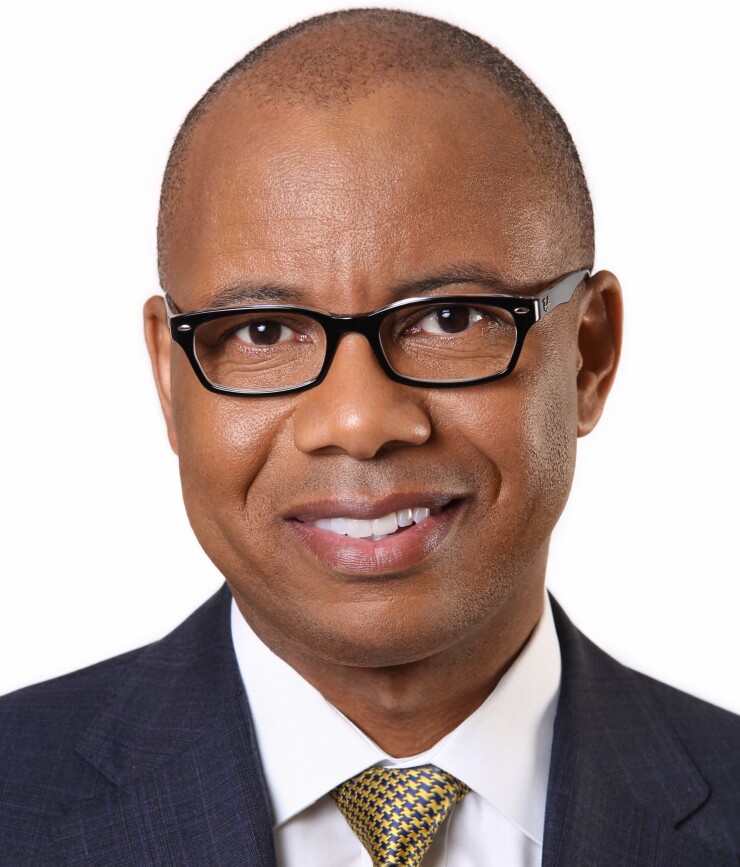Community bankers must channel the determination and innovation shown during the pandemic into sustainable changes to their banking models.
Coronavirus forced lenders to shift from traditional operations, with more people working remotely. Many branches were closed or lobby access was limited. Mobile banking soared because of stay-in-place orders and social distancing. The Paycheck Protection Program, a lifeline for small businesses harmed by the pandemic, forced banks of all sizes to quickly originate billions of dollars in loans.
Lessons gleaned from the crisis about the importance of ingenuity must endure, bankers said during a virtual conference hosted this week by the Federal Reserve, Conference of State Bank Supervisors and the Federal Deposit Insurance Corp.
The pandemic is “a transformational experience that will impact how we do business for many years of come,” said Laurie Stewart, chairman and CEO of Sound Financial in Seattle.

“We have to figure out how to get into the logistics of moving money,” Kenneth Kelly, chairman and CEO of First Independence Bank in Detroit, said in discussing contactless payments and technology partnerships. “That’s just the reality. COVID-19 has expedited that process for us.”
Bankers talked about how the pandemic had forced them to adapt.
Citizens Bank of Edmond in Oklahoma had whiteboards spread throughout its offices to encourage employees to find new ways to help customers, said Jill Castilla, the bank’s president and CEO.
Several adaptations emerged, including curbside service. Castilla also worked with the entrepreneur Mark Cuban to expedite funds to people waiting on stimulus checks. They partnered again to create a website designed to help PPP borrowers navigate a complicated forgiveness process.
“We are all called upon to be innovators,” Castilla said, adding that the pandemic is creating “corona karma” where companies have to prove themselves during the crisis.
Sound Financial has seen a 40% spike in transaction volume on digital platforms, and it has gained a significant number of new deposit relationships from PPP. It also found that borrowing through the discount window to fund PPP loans was “relatively easy,” Stewart said.
The pandemic “modified how we engage with customers,” Castilla said.
“It is all about accessibility,” she added. Curbside banking will likely remain a Citizens service “as we move into the new normal.”
The biggest takeaway is the inherent need to embrace change, Stewart said. “I still worry about the sustainability and scalability of our industry,” she said.
Stewart listed several concerns for small banks: their lack of scale, the demise of rural communities, fatigue among executives and directors and a “diminishing need for bankers to be close to customers,” which has long been the hallmark of small banks.
“We’re going to have to move further along with technology,” Kelly said, noting that Independent is one of the first banks to
The crisis could force more community banks to reevaluate the reasons for working with fintechs, bankers said.
“The question is do we have a common purpose to elevate the customer experience?” Castilla said. “I think [the pandemic] will forever change what community banking looks for in a technology partner.”
Stewart said she is hopeful small banks will adapt, pointing to the PPP response as the source of her optimism. She pressed for more advocacy on policy issues, urging bankers to share their customers’ stories with lawmakers and regulators.
“Our greatest strength may be our perseverance,” she said. That, along with a willingness to be flexible, “will foster the changes we need to survive.”





